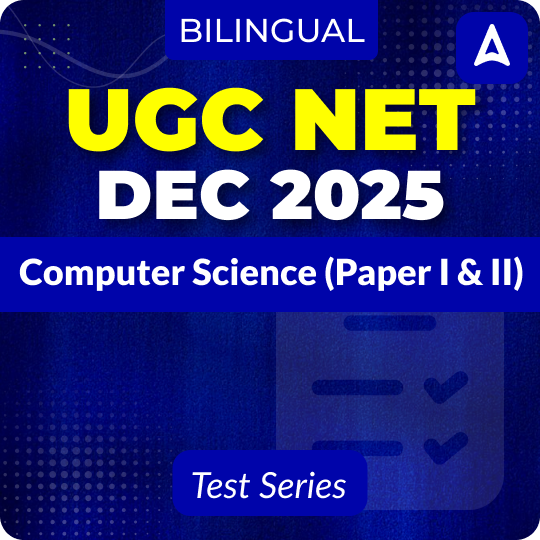World Science Day for Peace and Development, celebrated annually on November 10, serves as a global platform to recognize the pivotal role of science in society. This day not only emphasizes the importance of engaging the public in discussions on emerging scientific issues but also highlights the relevance of science in our daily lives. By linking science more closely with society, the day aims to keep citizens informed of scientific developments and the indispensable role scientists play in enhancing our understanding of our fragile planet.
As we celebrate World Science Day for Peace and Development, we recognize the enduring significance of science in shaping sustainable societies. The day offers a unique opportunity to showcase the relevance of science in our lives and engage the public in discussions. By focusing on the theme of “Building Trust in Science” in 2023, we reaffirm our commitment to fostering a world where trust in science propels us towards solutions for the multifaceted challenges we face, contributing to global peace and development.
History and Origins:
The inception of World Science Day for Peace and Development can be traced back to the positive outcomes of the 1999 World Conference on Science in Budapest. Originating from a commitment to science and society, this day was established as an annual event to reaffirm goals proclaimed in the Declaration on Science and the Use of Scientific Knowledge. Since its proclamation by UNESCO in 2001, the day has catalyzed numerous projects, programs, and funding for science globally.
Themes and 2023 Focus: Building Trust in Science
In 2023, the theme for World Science Day for Peace and Development is “Building Trust in Science.” This underscores the crucial role trust plays in fueling the development and application of evidence-based solutions to the world’s challenges. The theme recognizes the complex nature of trust in science, impacting both scientific operations and societal perceptions. It emphasizes that enhancing trust in science strengthens science-based policy decisions and garners society’s support for their application.
Significance and Objectives:
The day serves as an opportunity to mobilize diverse actors, from government officials to the media to school pupils, around the topic of science for peace and development. By organizing events and activities, participants contribute to the goal of linking science more closely with society. UNESCO strongly encourages everyone to participate in celebrating the day, fostering a greater understanding of the role science plays in shaping our collective future.
Impact and Achievements:
World Science Day for Peace and Development has yielded tangible outcomes, including concrete projects, programs, and funding for science globally. It has facilitated cooperation between scientists in regions marred by conflict, exemplified by the creation of the UNESCO-supported Israeli-Palestinian Science Organization (IPSO). The day’s celebration involves governmental, intergovernmental, and non-governmental organizations, UNESCO National Commissions, scientific and research institutions, professional associations, media, science teachers, and schools.
Important takeaways for all competitive exams:
- UNESCO Headquarters: Paris, France;
- UNESCO Founded: 16 November 1945, London, United Kingdom;
- UNESCO Head: Audrey Azoulay; (Director-General).







 List of Important Days in September 2025...
List of Important Days in September 2025...
 Ayurveda Day 2025: Date, Theme, History,...
Ayurveda Day 2025: Date, Theme, History,...
 International Day of Sign Languages 2025...
International Day of Sign Languages 2025...

